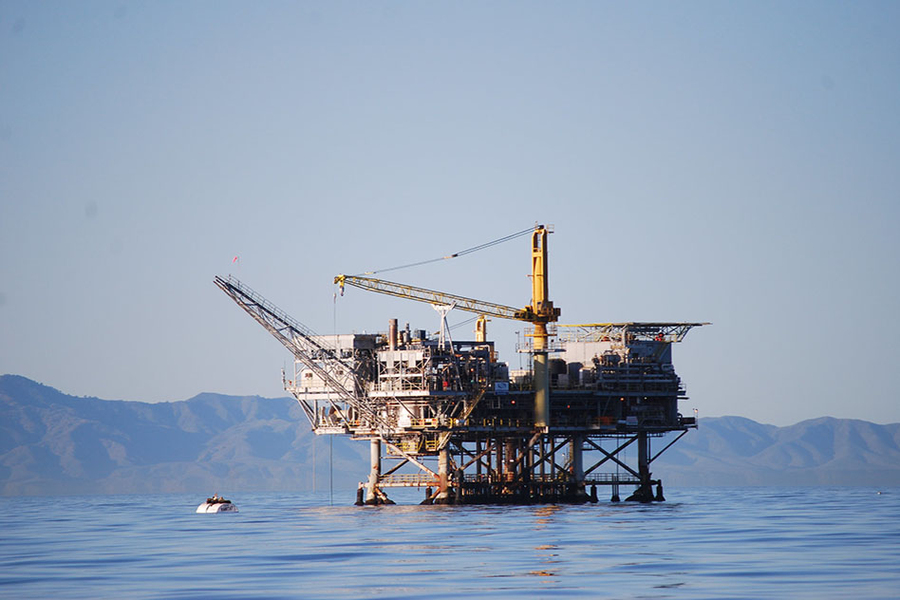A 2021 study in the journal Nature found that in order to avert the worst impacts of climate change, most of the world’s known fossil fuel reserves must remain untapped. According to the study, 90 percent of coal and nearly 60 percent of oil and natural gas must be kept in the ground in order to maintain a 50 percent chance that global warming will not exceed 1.5 degrees Celsius above preindustrial levels.
As the world transitions away from greenhouse-gas-emitting activities to keep global warming well below 2 C (and ideally 1.5 C) in alignment with the Paris Agreement on climate change, fossil fuel companies and their investors face growing financial risks (known as transition risks), including the prospect of ending up with massive stranded assets. This ongoing transition is likely to significantly scale back fossil fuel extraction and coal-fired power plant operations, exacting steep costs — most notably asset value losses — on fossil-energy producers and shareholders.
Now, a new study in the journal Climate Change Economics led by researchers at the MIT Joint Program on the Science and Policy of Global Change estimates the current global asset value of untapped fossil fuels through 2050 under four increasingly ambitious climate-policy scenarios. The least-ambitious scenario (“Paris Forever”) assumes that initial Paris Agreement greenhouse gas emissions-reduction pledges are upheld in perpetuity; the most stringent scenario (“Net Zero 2050”) adds coordinated international policy instruments aimed at achieving global net-zero emissions by 2050.
Powered by the MIT Joint Program’s model of the world economy with detailed representation of the energy sector and energy industry assets over time, the study finds that the global net present value of untapped fossil fuel output through 2050 relative to a reference “No Policy” scenario ranges from $21.5 trillion (Paris Forever) to $30.6 trillion (Net Zero 2050). The estimated global net present value of stranded assets in coal power generation through 2050 ranges from $1.3 to $2.3 trillion.
“The more stringent the climate policy, the greater the volume of untapped fossil fuels, and hence the higher the potential asset value loss for fossil-fuel owners and investors,” says Henry Chen, a research scientist at the MIT Joint Program and the study’s lead author.
The global economy-wide analysis presented in the study provides a more fine-grained assessment of stranded assets than those performed in previous studies. Firms and financial institutions may combine the MIT analysis with details on their own investment portfolios to assess their exposure to climate-related transition risk.









